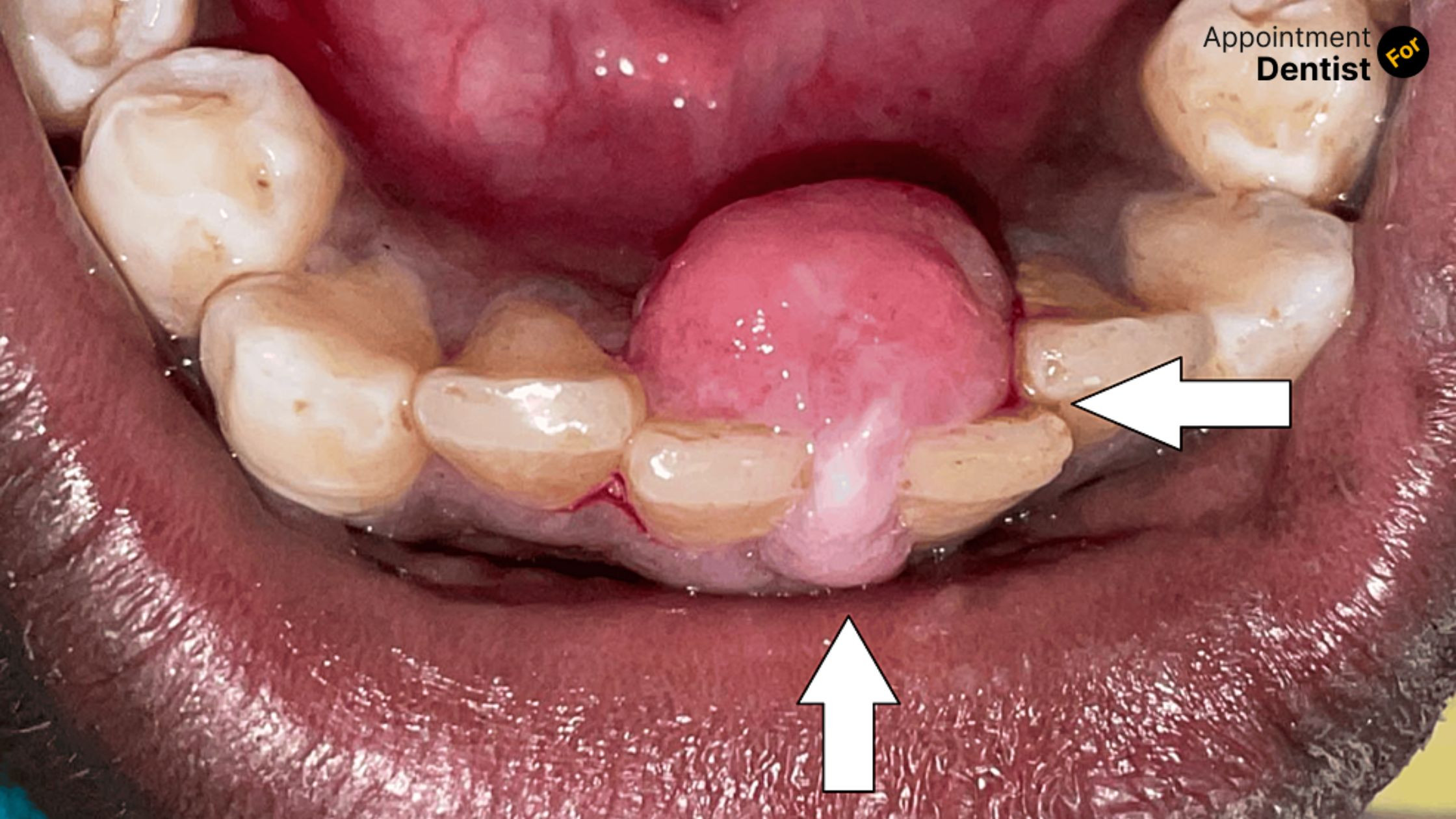Addressing and Managing Oral Granuloma: Symptoms and Treatments
Posted on August 06, 2024 by Admin

Addressing and Managing Oral Granuloma: Symptoms and Treatments
Oral granuloma is that pathology giving much suffering to and alarming a good number of people. This constitutes the type of local inflammatory lesion in the mouth, usually exhibiting symptoms of oral dysesthesia, which may include abnormal sensations like pain or burning sensation in the oral cavity.
What is an Oral Granuloma?
Oral granuloma simply means a mass of granulation tissue that results after injury, infection, or some irritation inside the mouth. The lesion may appear red, swollen, and easily bleed. While in themselves the nature of such granulomas may be harmless, they are quite uncomfortable and cause lots of problems while taking routine food or speaking.
Signs of Oral Granuloma
Knowing the signs and symptoms of oral granuloma is where one begins to master the condition. Some common symptoms include the following:
- Swelling: It shows as a raised nodule or lump in the mouth, which may be red and inflamed.
- Pain or Discomfort: Tenderness at the site has been described by many persons, making eating painful, sometimes even talking.
- Bleeding: The granuloma easily bleeds either spontaneously or mechanically, for example, due to brushing.
- Altered Taste Perception: Some patients develop altered taste perception, probably due to oral dysesthesia.
- Eating Problems: Swelling, with its attendant pain, causes eating problems, since one has to chew and swallow the food.
In case you come across these signs, then you will be forced to consult a doctor for an effective diagnosis

Must Read: 7 Mistakes to Avoid When Choosing a Dental Plan
What are the Causes of Oral Granuloma?
Oral granuloma may be caused by a variety of conditions, including:
- Infections: It may result from bacterial or viral infections.
- Irritation: Some irritant, such as dental appliances or sharp teeth or some foods, repetitively and for a sufficiently long period of time may finally cause an inflammatory reaction.
- Systemic Conditions: Some pathologies, like Crohn's disease or sarcoidosis, manifest oral granulomas as part of their more general expression.
- Allergic Reactions: Foodstuffs, drugs, and even dental materials produce granulomas because of allergies.
The determination of the underlying cause forms an important part of treatment.
Treatment of Oral Granuloma
Treatment of oral granuloma, in most cases, consists of management of symptoms along with the management of the cause. Some common kinds of treatments are:
- Medications
- Topical Corticosteroids: These could help to reduce inflammation and, therefore, alleviate pain.
- Antibiotics: The doctor may prescribe antibiotics to clear an infection, if present.
- Pain Relievers: Over-the-counter pain medications can help in dealing with the discomfort connected with oral granuloma.
- Surgical Intervention
In cases where it is large or resistant to the results of medicinal treatment, surgical removal may be necessary. Any granuloma can be excised by a dentist or oral surgeon, relieving the symptoms and preventing them from surfacing.
- Managing Oral Hygiene
To manage oral granuloma, good oral hygiene is mandatory. Good oral hygiene by regular brushing, flossing, and dental check-ups will avoid irritation and further inflammation.
- Underlying Conditions
In those cases where oral dysesthesia or other systemic conditions lead to its development, treatment toward those conditions is necessary. It involves great caution and cooperation with the health professional on manipulation of medications or adjustment of treatment strategies.
Also Read: Things You Should Know About Dental Insurance
Conclusion
Oral granuloma thus can turn out to be quite a disturbing health condition, more so when people start developing oral dysesthesia. Knowing the symptoms, causes, and treatment of this condition is therefore very vital so that it can be managed effectively. If you ever feel like you are suffering from oral granuloma, do not waste any minute but look for professional opinion urgently. If approached correctly, symptoms can be alleviated to ensure good oral health, which plays a huge role in making the most out of life
Faqs
-
1. What is oral dysesthesia, and how does this condition bear a relationship with oral granuloma?
Oral dysesthesia is a pathology characterized by the emergence of abnormal sensations in the mouth, with several forms that can manifest either with pain or as a burning feeling. Thus, oral granuloma may be accompanied by this condition since the inflammation might sometimes provoke such unusual sensations.
-
2. How can I prevent oral granuloma?
The methods of prevention of oral granuloma include good oral hygiene, avoiding habits that may act as irritants, and control of the underlying diseases. Regular visits to dentists can also detect any problems at an early stage.
-
3. Is oral granuloma contagious?
No, oral granuloma is neither infectious or contagious. It bears one's health factors, infections, or irritations, and does not bear person-to-person contagiousness.
-
4. How dangerous can oral granuloma be?
Though it is a benign condition, at times oral granuloma can even be the symptom for many health-related problems. Hence, proper medical help and timely treatment are required before the disease worsens.
-
5. What should I do if I think that I have oral granuloma?
In case of swelling, pain, or bleeding in the mouth, seek the help of a dentist or a physician. Thus, the need to make a timely diagnosis and institute proper treatment for the condition is very high.
Recent Post
- The Importance of Oral Health Education for Children
- How to Choose the Right Orthodontic Treatment for Adults
- The Link Between Oral Health and Stroke Risk
- How to Address and Prevent Gum Recession
- Innovations in Dental Anesthesia: Pain-Free Procedures
- The Role of Saliva in Oral Health: Functions and Disorders
- Exploring Holistic Dentistry: What You Need to Know
- How Oral Health Affects Your Immune System
- The Benefits of Using Dental Probiotics
- Oral Health and Pregnancy: Myths and Facts